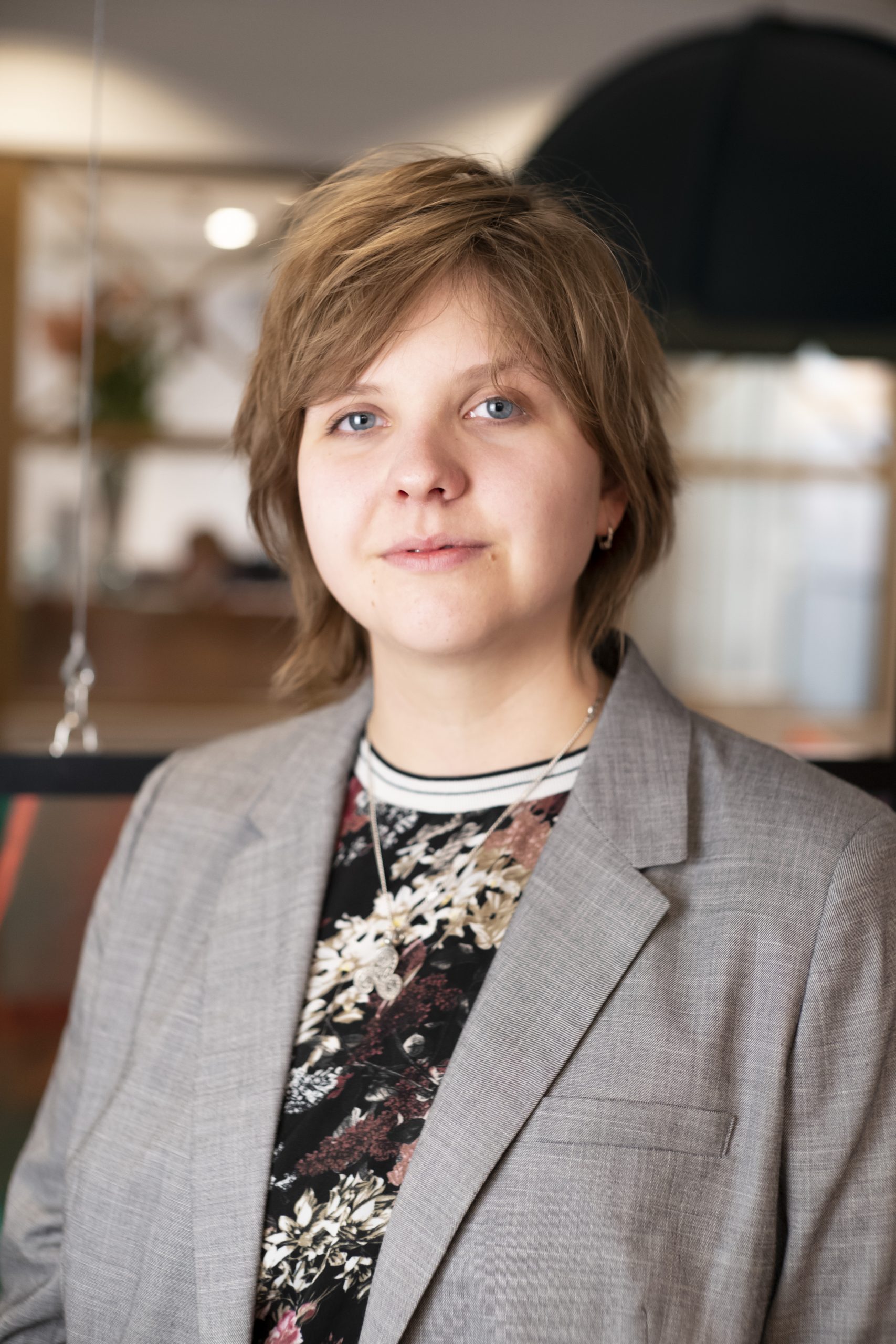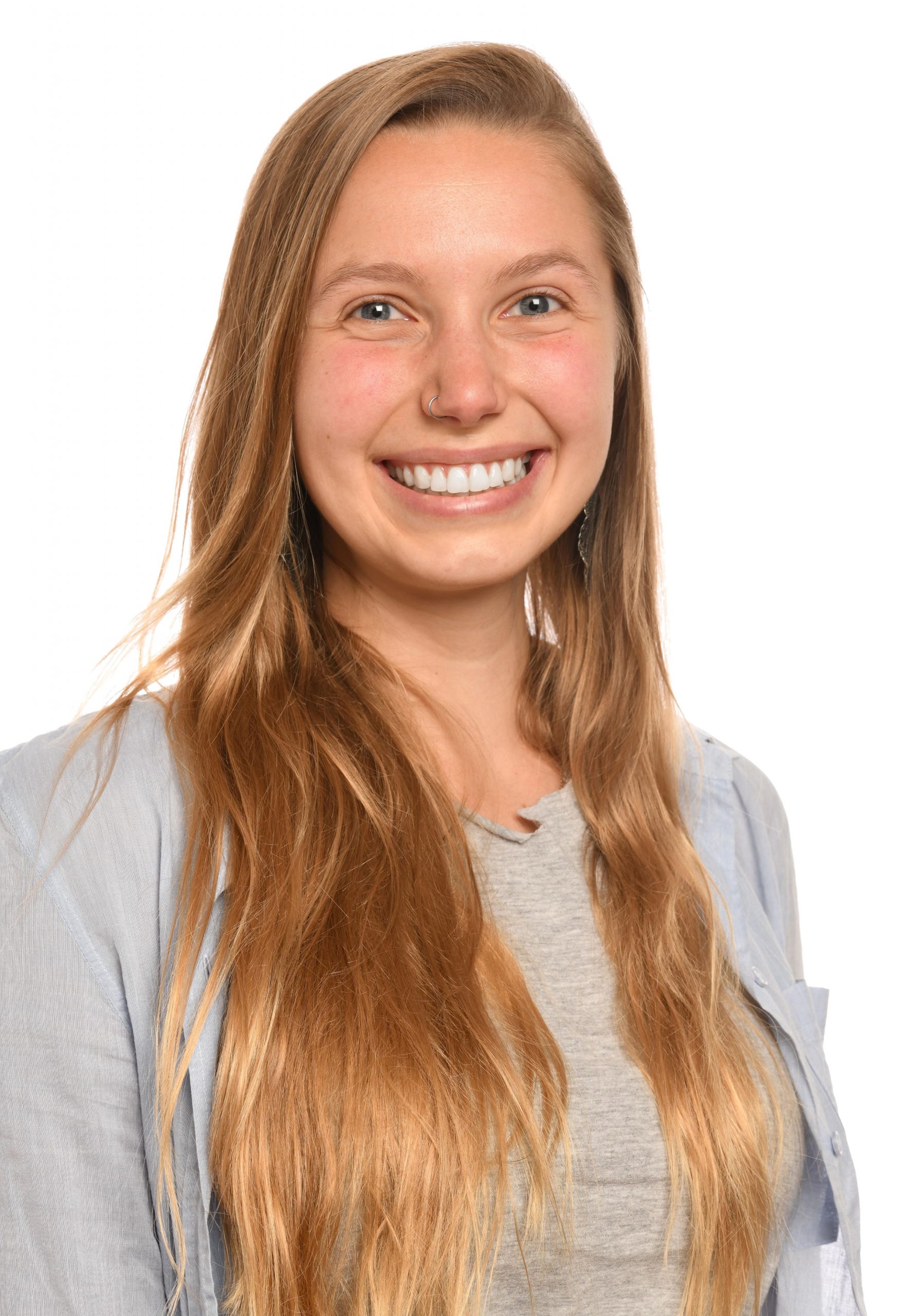Joanna Kuc: ‘I am sure I would not have ended up where I am now without attending the Master’

What is your name?
Joanna Kuc
Where are you from?
Gdansk, Poland
To which class you belong to?
MSc Translational Neuroscience, Class of 2019
Where and what did you study before joining Imperial College London?
BSc Pharmacology at Nottingham Trent University
How did you find your Master experience at the College?
The course was demanding and inspiring. Having an opportunity to work alongside world-class researchers, as well as being surrounded by other students who genuinely share your passion, creates a perfect environment where you can become creative and develop your interests
Which research project did you work on?
“Psychedelic experience modulated by cannabis usage: results of a large-scale prospective survey” at the Centre for Psychedelic Research under the supervision of Dr Robin Carhart-Harris and Dr David Erritzoe
Where are you now?
I am now working as a Research Associate for COMPASS Pathways, a company dedicated to developing novel treatments for mental health, with the main focus being Psilocybin Therapy for treatment-resistant depression
What are you working on?
I am mostly involved in the design of clinical trials using novel approaches, such as apps for the mobile phone, to monitor the mental health of patients through digital phenotyping, alongside the core treatment programme
What is the most important lesson you learnt as a Master student?
For an aspiring researcher, it is important to be surrounded by people who share your passion. This will allow you to learn from them and become independent when progressing through your career
How did the Master programme help you get to where you are now?
I am sure I would not have ended up where I am now without attending the Master course at Imperial College. Apart from gaining a comprehensive understanding of modern neuroscience and computational skills, I had an opportunity to work in the Centre for Psychedelic Research led by Dr Robin Carhart-Harris. My current work is directly linked to developing psychedelics as novel tools to be used in psychiatry, and I think the work at the Centre has definitely prepared me well for my current role
